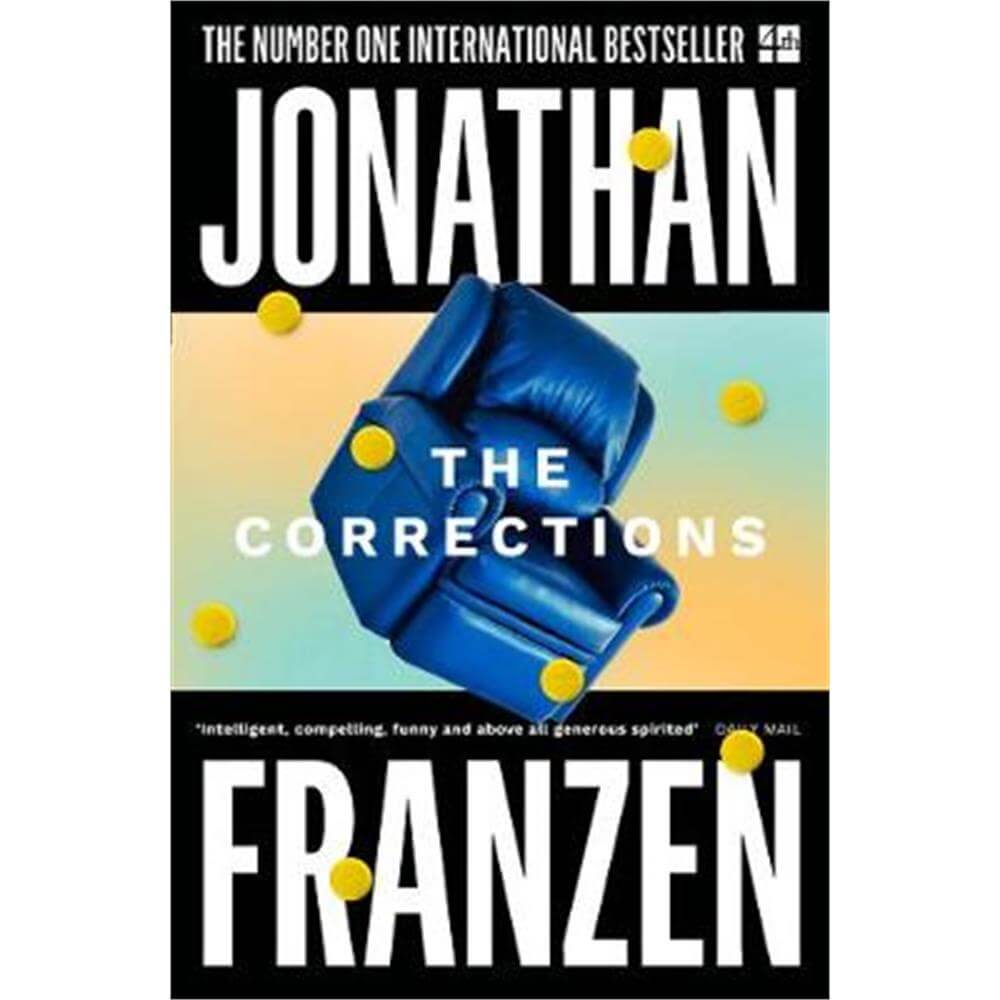


Franzen’s perceptiveness of his characters exudes a humanity that makes us forgive the wicked fun he has with characters. Franzen’s power of description-even of the familiar detritus of new consumer products-is charming. It has no plot, but holds our interest because of Franzen’s sharp observations. And the youngest child, Denise, is a top chef in Philadelphia, but is having an affair with her boss’s wife. Chip, the middle child, is a failed screenwriter in New York, who was fired from his university teaching position because he had an affair with a student. The eldest son, Gary, is a bank vicepresident, whose wife uses passive-aggressive techniques of destroying his sanity (such as pitting their three boys against him) to prevent him from making them spend Christmas with his parents in St. Enid wants her three adult children (two in Philadelphia, one in New York) to come back to the fictitious town of St. Alfred, the former chief engineer for the Midland Pacific railroad, has Parkinson’s disease. It is an odd irony that a firestorm of controversy surrounded the book’s publication because of (now New York based) Franzen’s declining to appear on that organ of Middle America, “The Oprah Winfrey Show.”įranzen begins with a portrait of an aging couple, Alfred and Enid Lambert, in a malaise of retirement.

At its core, this is a family novel, but the generational and regional East Coast/Midwest differences within the Lambert family also sketch American society at the end of the twentieth century. But between these lies the conflict and it allows Franzen to highlight fissures in American society. While the three main characters are well-spoken East Coast professionals, their parents’ Midwestern, mid-century worldview is also charitably represented. The Corrections admirably portrays the values of both contemporary American yuppies and their square parents.


 0 kommentar(er)
0 kommentar(er)
